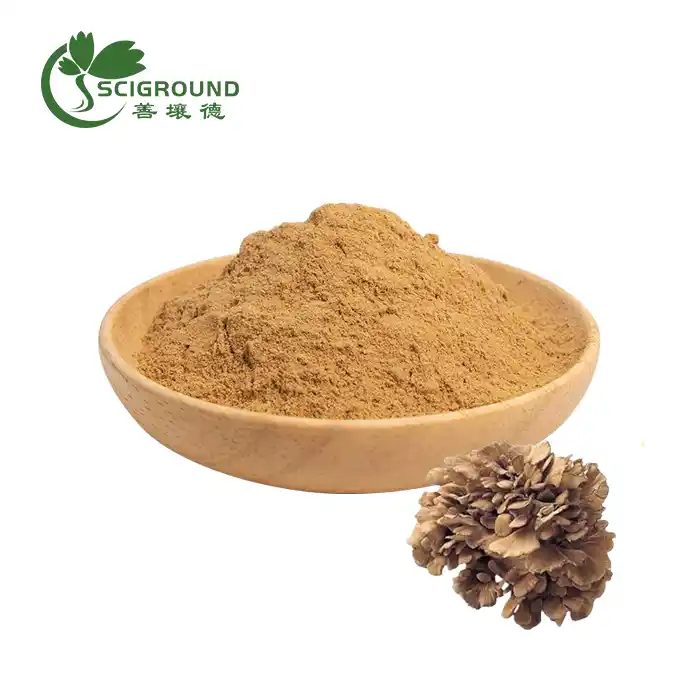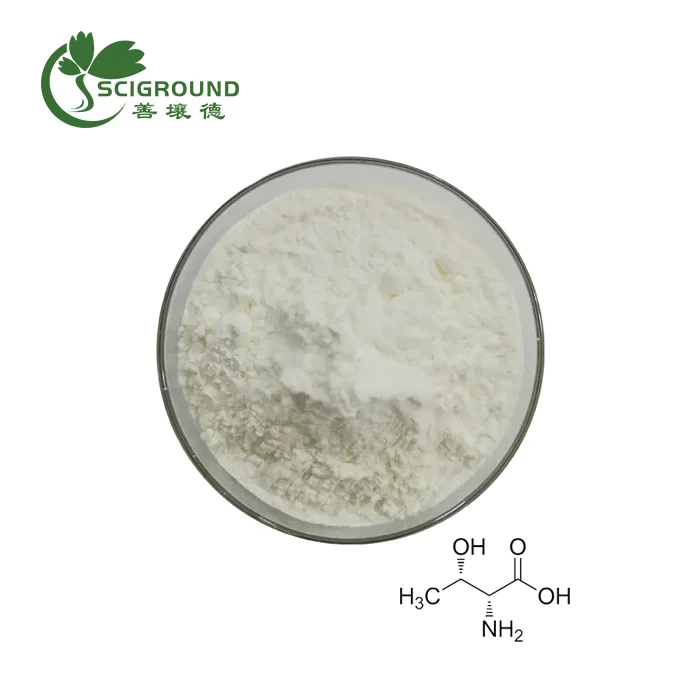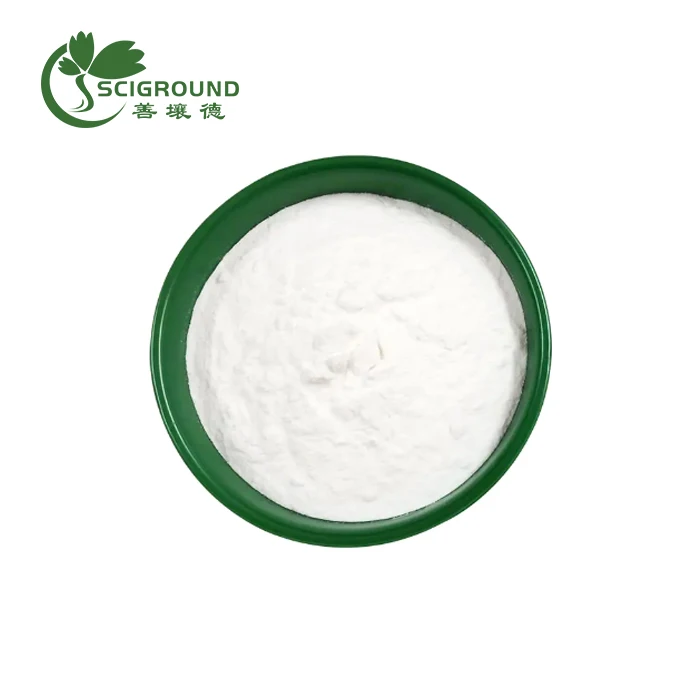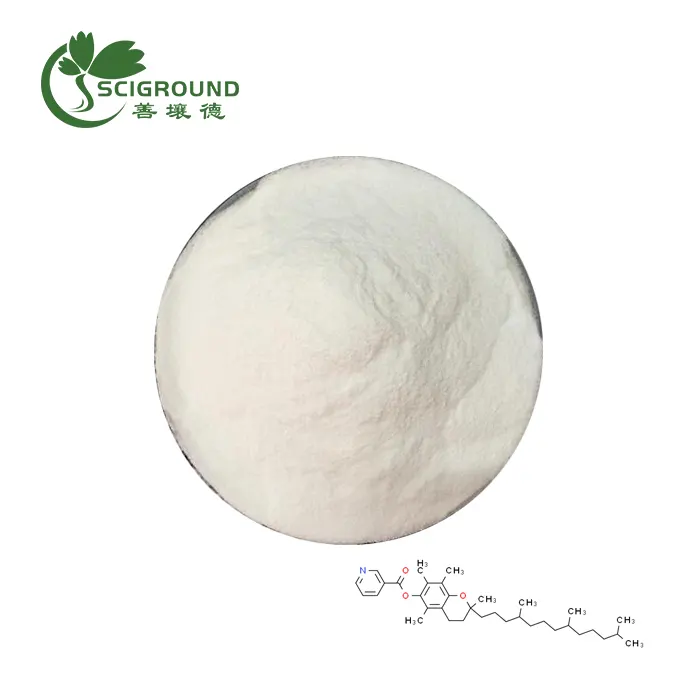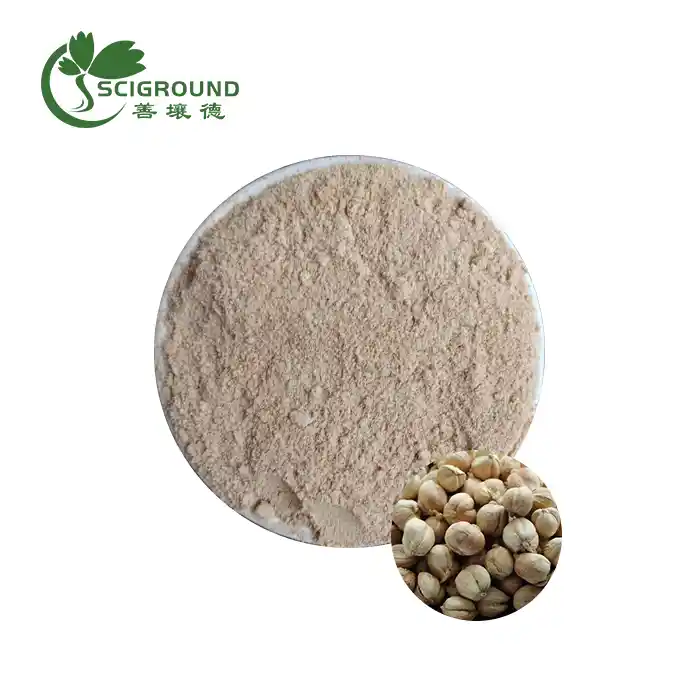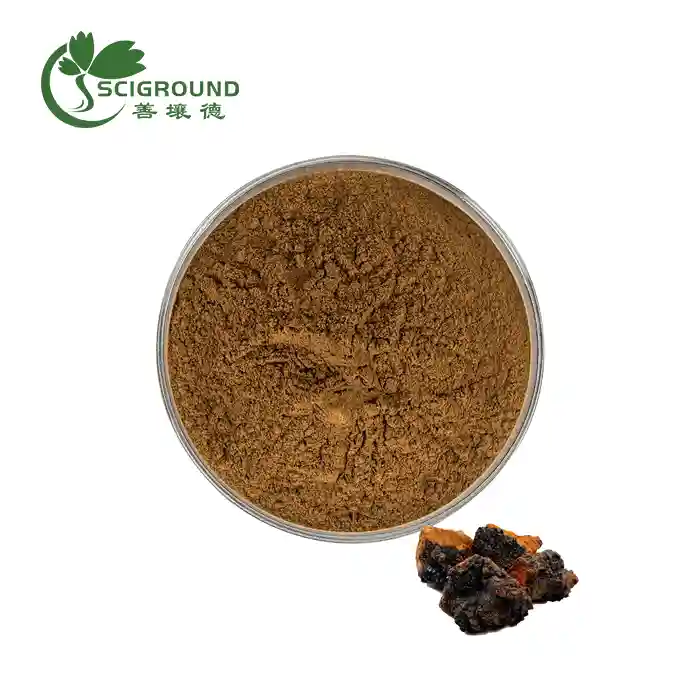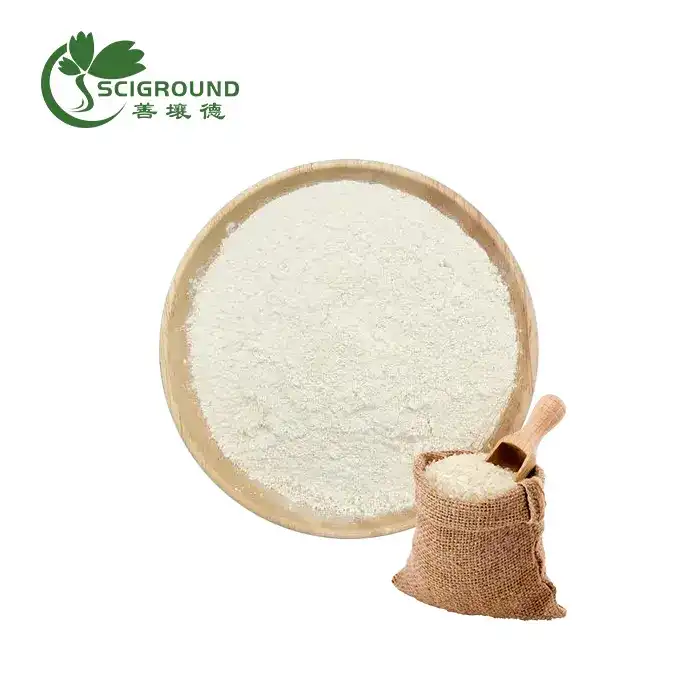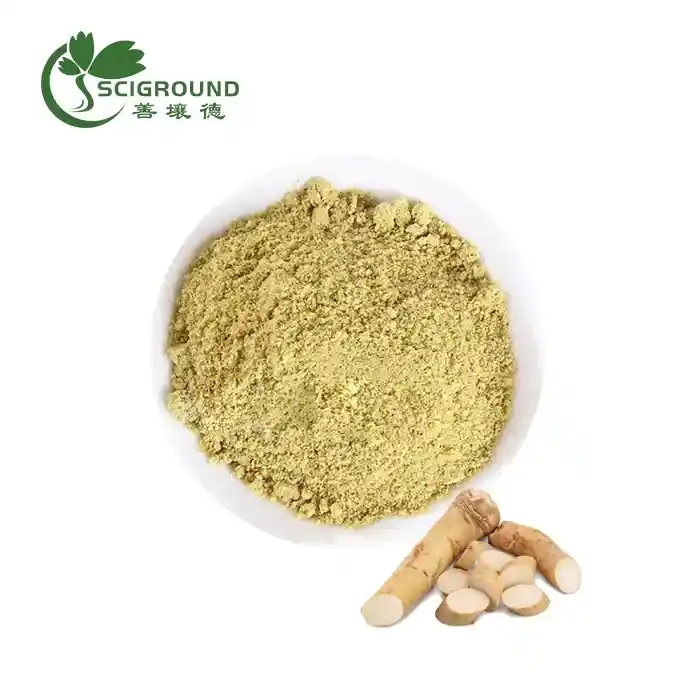Is Creatine Monohydrate Vegetarian?
Creatine monohydrate has become an extremely popular supplement due to its proven benefits for building muscle, gaining strength and enhancing exercise performance.
However, questions often arise regarding whether creatine is suitable for vegetarian and vegan diets. In this detailed article, I’ll thoroughly analyze whether creatine monohydrate is vegetarian, the benefits for plant-based athletes, optimal dosing strategies, safety considerations, and which brands to look for.
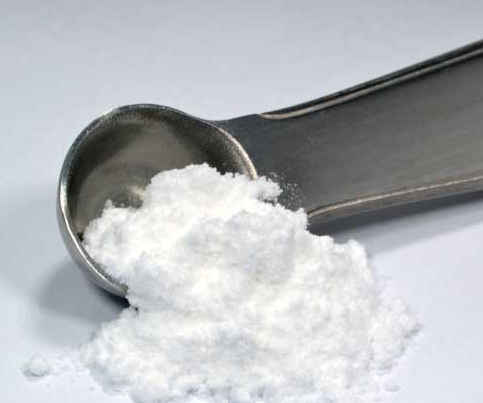
What is Creatine Monohydrate?
Creatine monohydrate powder bulk is a form of creatine, an organic acid that helps supply energy to cells throughout the human body. It is bound with a water molecule, which improves stability. Approximately 95% of the body’s creatine is stored in skeletal muscle tissue to aid muscle contractions during exercise. Supplementing can increase these muscular creatine stores, providing extra energy to significantly boost training capacity and physical performance.
Is Creatine Beneficial When Following a Vegan or Vegetarian Diet?
Yes, creatine supplementation can offer substantial performance and muscle-building benefits for both vegans and vegetarians:
· Augments gains in lean muscle mass when combined with progressive resistance training.
· Increases high-intensity power output for athletic activities like sprinting, jumping and quick bursts of speed or strength.
· Allows greater overall training volume and delayed fatigue due to extra energy availability in the muscles.
· Speeds post-workout recovery between sets and workouts.
· Provides an ergogenic edge by elevating muscular endurance, stamina and workload capacity for athletic endeavors.
Since up to half of daily bulk creatine may come from animal foods, vegetarian and vegan athletes often have chronically lower muscular creatine stores compared to omnivores. Strategic supplementation can effectively help normalize intramuscular creatine content to enhance various facets of exercise performance.
What are the Best Dosage and Timings for Creatine?
The recommended dosing guidelines and timings for creatine supplementation are essentially the same for both vegetarians and meat-eaters:
· 3-5 grams per day provides robust benefits for augmenting muscle growth, strength gains and exercise performance.
· Time doses before and after workouts on training days for maximum effects - 2.5-5 grams pre-workout, 2.5-5 grams post-workout.
· On rest days without training, take 3-5 grams any time of day to help sustain muscular creatine stores.
· Use a 5-7 day “loading phase” of around 20 grams per day when first starting supplementation to help saturate intramuscular creatine faster.
· Stick with pure creatine monohydrate powder rather than capsules for greater value and flexible dosing ability.
· Take creatine consistently every day including both workout and non-workout days for optimal muscular creatine saturation.
This supplies the higher levels of creatine required to augment various facets of athletic performance without any safety issues.
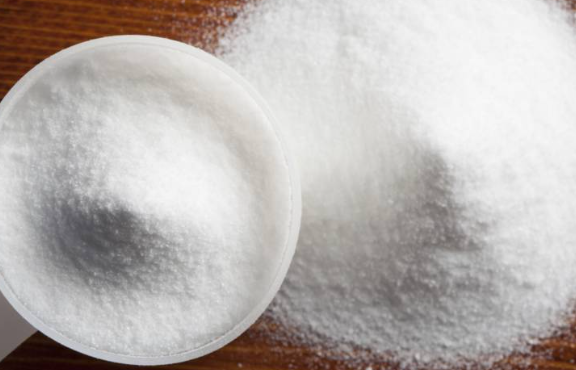
Is Creatine Safe?
Extensive research spanning decades confirms creatine monohydrate is exceptionally safe for long term use with no serious adverse effects at standard recommended dosages. The only potential side effects may include:
· Mild GI discomfort - Diarrhea, cramping, nausea when initially starting supplementation as the body adjusts. Tends to subside within 1-2 weeks.
· Muscle cramps or strains - Possible if rapidly increasing training intensity, volume and load. Gradually ramping up activity helps minimize risk. Proper stretching aids as well.
· Weight gain - Adds primarily lean muscle mass, not fat.
· Increased water retention - Creatine draws more water into muscle cells, increasing volume but not in a harmful way. Proper daily hydration intake prevents excess water retention.
Those with pre-existing kidney disorders should exercise caution and consult a medical doctor before supplementing with creatine. But for most healthy individuals, it remains one of the safest exercise performance supplements available.
What Form of Creatine Should I Use?
For vegetarians and vegans seeking to supplement with creatine, bulk creatine monohydrate powder is certainly the ideal form to use for several reasons:
· Typically vegan-friendly - Manufactured through synthetic methods without any animal-derived ingredients.
· Allows flexible dosing to meet daily needs.
· Better absorption and value compared to more expensive capsule formats.
· Easily mixes into smoothies or shakes for convenient consumption.
When selecting a brand of creatine powder, try to choose products clearly labeled as vegan or vegetarian friendly. Some cheaper creatine products may contain meat derivatives or be processed using animal-based alcohols. High quality pharmaceutical grade powders are usually vegan-safe.
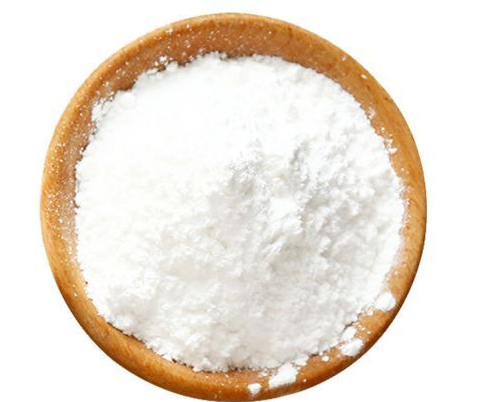
Is Creatine Plant or Animal Based?
While small amounts of creatine do naturally occur in animal foods like beef, fish and eggs, the actual creatine found in modern dietary supplements is produced completely through synthetic chemical processes without the use any animal-derived ingredients. The two main manufacturing methods include:
· Dehydration of sarcosine, derived from the amino acid glycine.
· Bacterial fermentation of glycine into creatine.
So commercial creatine powders contain no actual animal tissues or meat by-products. They are synthetically manufactured from plant-based amino acid substrates or through microbiological fermentation techniques in a vegan-friendly manner.
What Level of Creatine do Vegetarians Have?
Scientific studies demonstrate vegetarians and vegans tend to average 20-50% lower intramuscular creatine concentrations compared to those who regularly eat meat.
This is likely because around half of the daily creatine requirements in meat-eaters comes from dietary animal sources like beef, chicken or fish. The remainder is produced endogenously in the liver and kidneys from amino acids.
Chronically lower muscular creatine content can translate into reduced performance capabilities for high-intensity anaerobic exercise among vegetarian athletes. Strategic creatine supplementation can effectively help normalize intramuscular creatine levels to enhance athletic abilities.
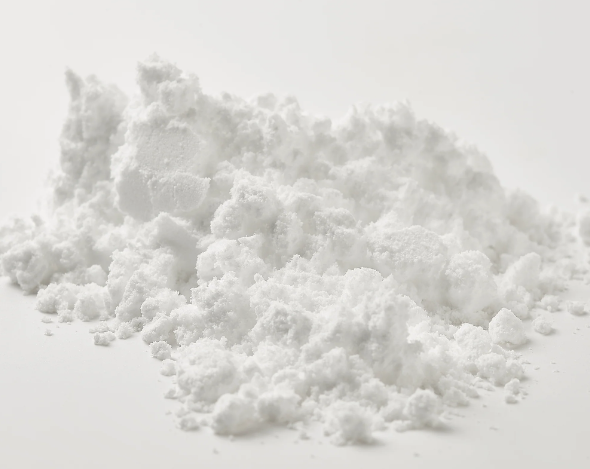
Which Creatine Brands are Vegan?
Some reputable creatine monohydrate powder brands suitable for vegan diets include:
· Optimum Nutrition Creatine 2500 Caps
· MuscleFeast Creapure Creatine Monohydrate Powder
· BulkSupplements Pure Micronized Creatine Monohydrate Powder
· Gnarly Nutrition Vegan Creatine
· Natural Stacks Smart Creatine
· Nutricost Creatine Monohydrate Powder
· Nutrabio Creatine Monohydrate Powder
Always look carefully for vegan certification on the label or product descriptions. Avoid gelatin-capsulated products or powders containing additives, binders or fillers that could be animal-derived. High quality pharmaceutical grade creatine powders from reputable supplement companies are typically vegan-friendly.
Is Vegan Creatine Effective?
Yes, extensive research confirms vegan-friendly creatine monohydrate supplements produced through synthetic manufacturing processes remain equally as effective as traditional creatine for improving muscle strength, power output, training capacity, exercise performance and lean mass gains when combined with a program of resistance training.
There is no compelling evidence that vegan creatine sourced from synthetic chemical production has reduced bioavailability, absorption or efficacy compared to creatine found naturally in meat or fish. The molecule remains identical, providing equivalent effects and benefits.

Vegan Creatine Side Effects
The potential side effects associated with high-quality vegan creatine supplements are essentially the same as traditional creatine products. Largely considered very safe for most people, possible issues may include:
· Mild GI distress - Diarrhea, abdominal cramping, nausea when first starting supplementation as the body adjusts. Typically subsides within 1-2 weeks of consistent dosing. Proper hydration helps minimize discomfort.
· Muscle cramps or strains - Primarily occur if rapidly increasing training intensity, volume, duration and overall load. Gradually ramping up activity helps prevent strains. Adequate warm-up, rest days, and stretching aids as well.
· Weight gain - Adds primarily lean muscle mass rather than fat.
· Increased water retention - Draws extra water into muscle cells, increasing volume but not in a harmful way. Maintaining adequate daily hydration intake prevents excessive water retention.
With proper dosing, hydration intake, and smart training practices, vegan creatine monohydrate wholesale remains exceptionally well-tolerated and safe for the majority of users.
In conclusion, synthetically manufactured creatine monohydrate powder suitable for vegetarian/vegan diets offers the same substantial ergogenic benefits as traditional creatine for increasing muscle gains and improving various facets of exercise performance when combined with a proper resistance training regimen. Choosing quality vegan-friendly creatine can provide a safe, effective supplement option.
References:
1. Neves, M., Jr, et al. (2011). Physiological effects of dietary creatine supplementation. Amino Acids, 40(5), 1325-1334.
2. Burke, D.G., Chilibeck, P.D., Parise, G. et al. Effect of creatine and weight training on muscle creatine and performance in vegetarians. Med Sci Sports Exerc 35, 1946–1955 (2003).
3. Antonio, J., Ciccone, V. (2013). The effects of pre versus post workout supplementation of creatine monohydrate on body composition and strength. J Int Soc Sports Nutrition, 10(1), 36.
4. Gualano, B. et al. (2011). Creatine supplementation does not impair kidney function in type 2 diabetic patients: a randomized, double-blind, placebo-controlled, clinical trial. European Journal of Applied Physiology, 111(5), 749–756.
5. Trkal, L., Štěpánková, S., Zajíc, T., Burda, J., & Samák, M. (2020). A Comprehensive Review of Analytical Methods for Determination of Creatine and Creatinine in Biological Samples. Journal of analytical methods in chemistry, 2020.
About Author

Celine Xu is a botanist with over 15 years of experience researching and developing plant extracts for nutritional and pharmaceutical applications. She leads an R&D team focused on identification, cultivation and extraction of medicinal plants. Celine Xu earned a Ph.D. in Plant Biology has authored numerous articles in peer-reviewed journals about the health benefits of specific phytochemicals. She frequently speaks at industry conferences about new developments in plant extract research. Celine Xu is dedicated to advancing the scientific understanding of how targeted plant compounds can be used to improve human health.
Related Industry Knowledge
- Where is aloe emodin found?
- How to Make Alfalfa Extract
- Why is Vitamin B2 Important to the Body
- What does L-citrulline do for a man?
- What is the Benefit of Mulberry Leaves
- Vitamin B1 Thiamine Benefits
- Is Pueraria Lobata Powder the Magic Solution for Menopause and More?
- Popato Protein: The Secret to Health and Fitness!
- What foods have bcaas
- Do bcaas help with weight loss
